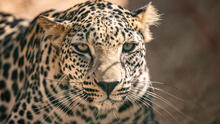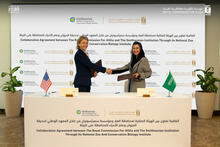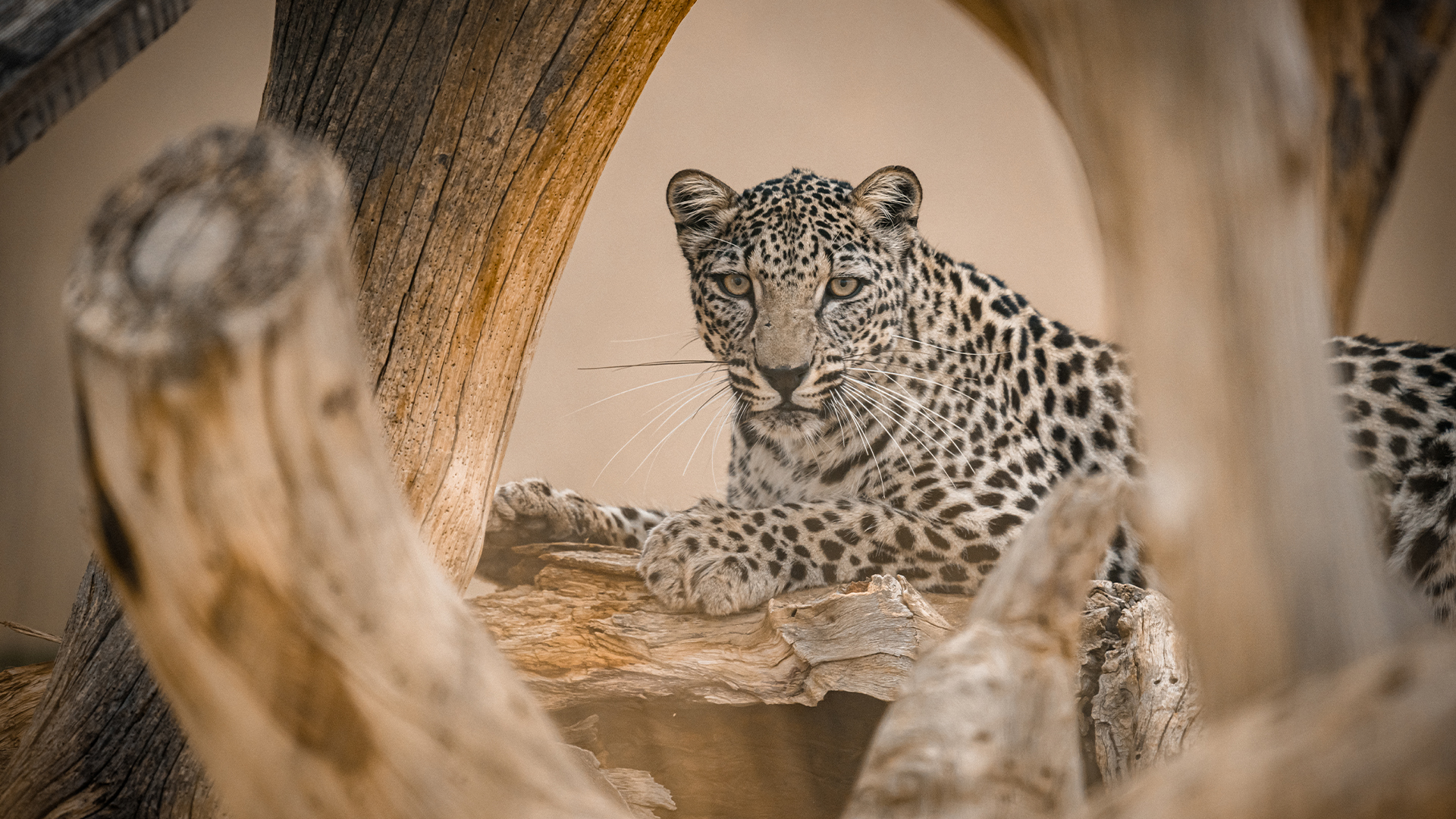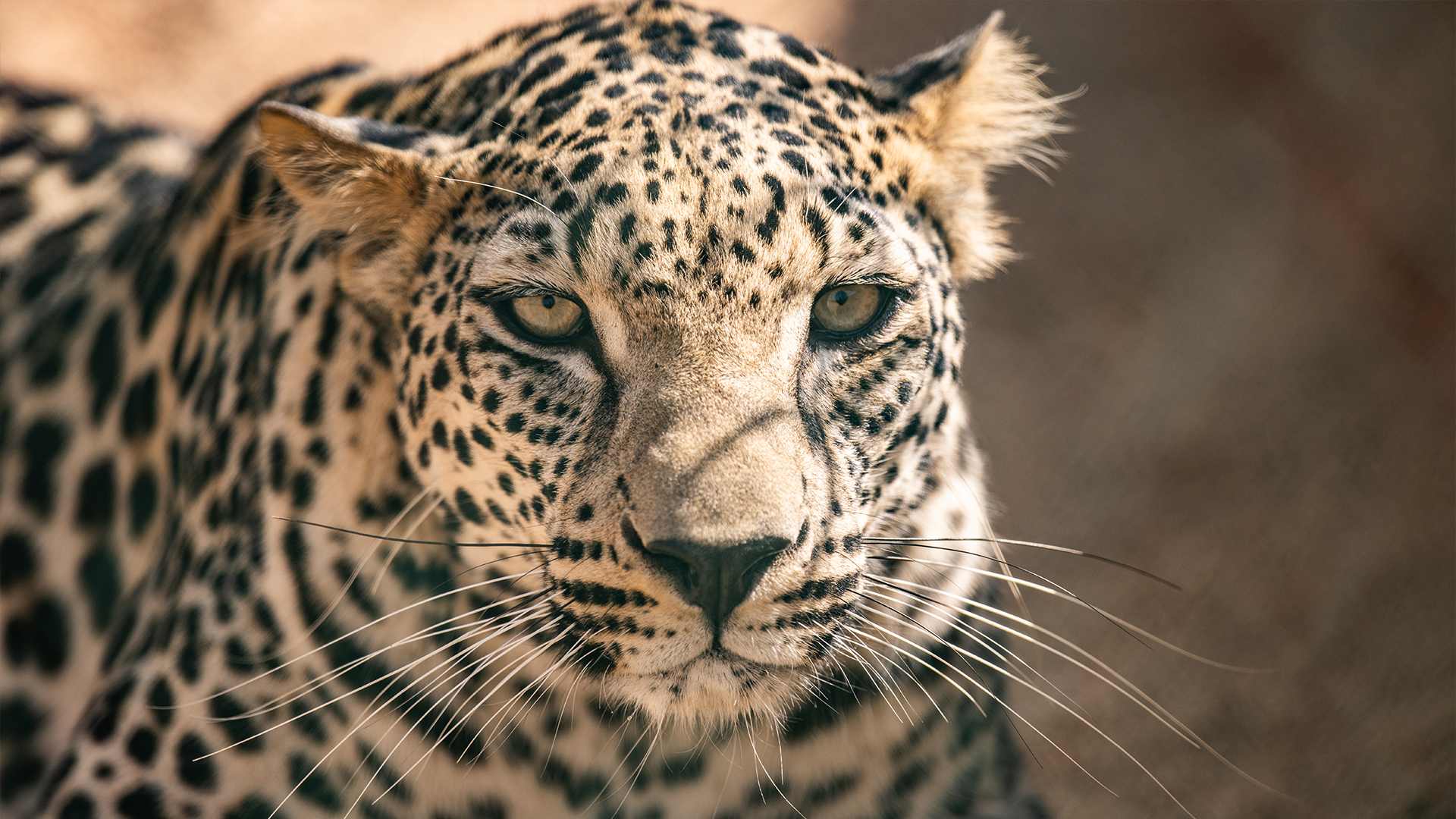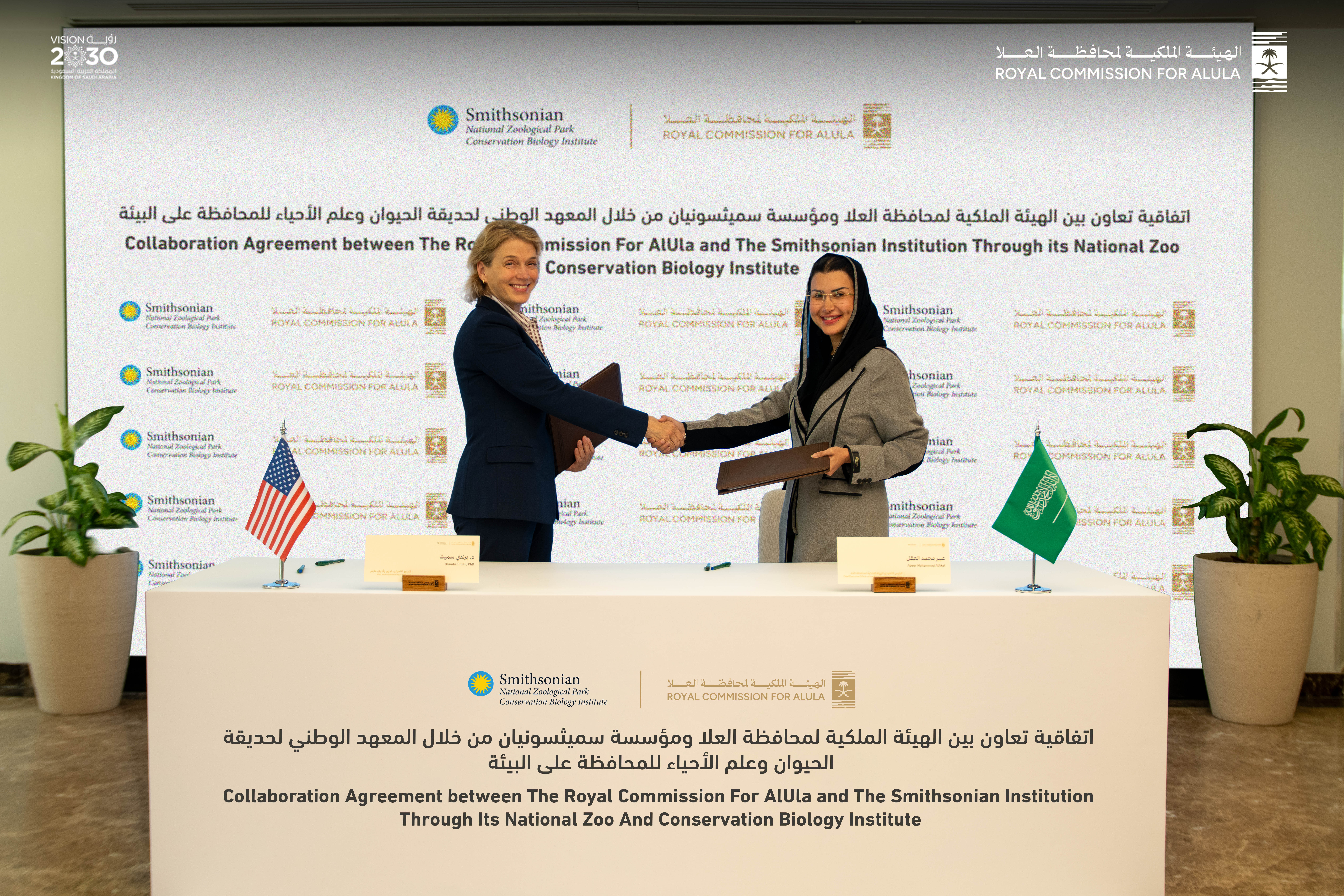Smithsonian’s National Zoo and Conservation Biology Institute to Welcome Critically Endangered Arabian Leopards in a Major Conservation Cooperative Agreement With Saudi Arabia’s Royal Commission for AlUla
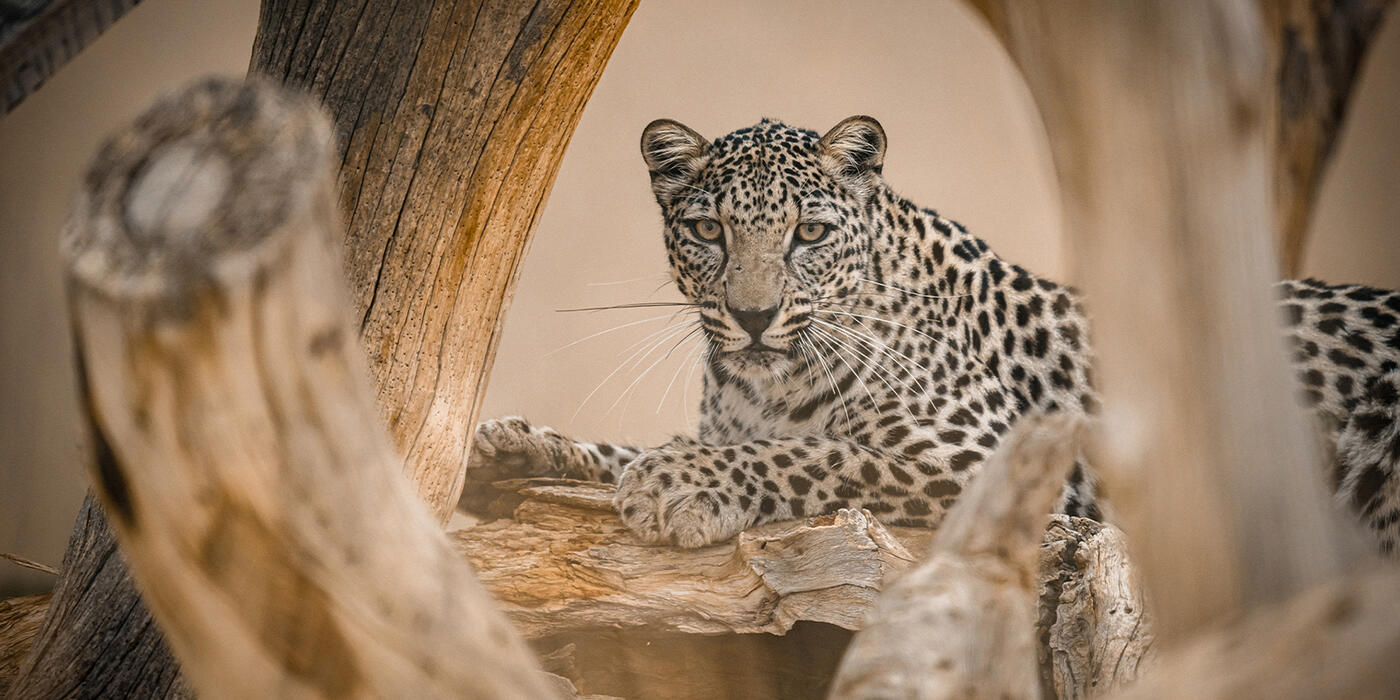
The Smithsonian’s National Zoo and Conservation Biology Institute (NZCBI) and the Royal Commission for AlUla (RCU) have announced an agreement involving the international conservation and loan of critically endangered Arabian leopards from Saudi Arabia. This collaboration unites NZCBI’s world-renowned conservation science expertise with RCU’s highly successful breeding program to help establish a backup population, advance ex situ and in situ conservation and research, and raise global awareness for one of the planet’s most threatened big cats.
The Arabian leopard (Panthera pardus nimr) is classified as critically endangered on the International Union for Conservation of Nature’s Red List, facing an extremely high risk of extinction in the wild. Fewer than 120 animals are estimated to survive in small, isolated groups in Oman and Yemen. The species is considered possibly extinct in the wild in Saudi Arabia. This collaborative agreement represents a proactive, international effort to secure a future for this iconic animal, a symbol of pride and natural heritage for Saudi Arabia.
RCU manages the cutting-edge Arabian Leopard Conservation Breeding Center in Taif, Saudi Arabia. Since RCU assumed management in 2020, the leopard population there has more than doubled due to dedicated care and breeding successes, including seven cubs born in 2023 and five in 2024—featuring a rare set of triplets. In early 2025, the center achieved accreditation from the European Association of Zoos and Aquaria, the first wildlife institution in Saudi Arabia to meet these high international standards.
Accredited by the Association of Zoos and Aquariums, NZCBI has a long track record of success managing rare and endangered species, with specialized expertise in felid conservation and breeding programs for cheetahs, clouded leopards and tigers. A global leader in conservation science and animal care, NZCBI has partnered on complex recovery initiatives for species such as the black-footed ferret, golden lion tamarin, scimitar-horned oryx and giant panda. This experience directly informs NZCBI’s role in the Arabian leopard initiative, contributing advanced conservation science, animal care expertise and public engagement strategies to help ensure the survival of this critically endangered big cat.
This collaboration focuses on building shared knowledge and scientific understanding of the Arabian leopard through joint research, capacity building and professional exchanges. NZCBI and RCU are launching a joint conservation and research plan and are exploring an Arabian leopard exhibit in Washington, D.C. to help raise awareness of the urgent need to protect this magnificent cat and the desert ecosystems it inhabits.
“We are honored to collaborate with the Royal Commission for AlUla to protect the critically endangered Arabian leopard,” said Brandie Smith, the John and Adrienne Mars Director of NZCBI. “Saving the world’s most vulnerable species takes global cooperation, scientific rigor and innovation—and that’s what we do best. For decades, we’ve delivered data-driven solutions and applied our deep expertise to protect species on the brink. Together, we’ll lead collaborative research, create the only Arabian leopard exhibit in the United States and inspire millions to help secure a future for this magnificent animal and the ecosystem it depends on.”
“This partnership with the Smithsonian's National Zoo and Conservation Biology Institute highlights RCU’s growing leadership in global conservation and is a major step in our mission to protect the Arabian leopard,” said Abeer AlAkel, CEO at RCU. “Sharing these precious animals allows us to establish a vital backup population and bring the story of this magnificent species—a true symbol of Saudi Arabia’s natural heritage—to a wider international audience. It reflects our deep commitment, under Saudi Vision 2030, to restore ecological balance and ensure these animals thrive for generations, with the ultimate goal of returning them to their native habitat in AlUla.”
This initiative is part of RCU’s broader strategy for the comprehensive regeneration of AlUla, a region in northwest Saudi Arabia. This includes extensive habitat restoration, reintroducing native prey species and engaging local communities—all aimed at creating a sustainable ecosystem where Arabian leopards can eventually roam freely once again.
# # #
Photo 1 caption: The Smithsonian’s National Zoo and Conservation Biology Institute and the Royal Commission for AlUla announced an agreement May 13 involving the international conservation and loan of critically endangered Arabian leopards from Saudi Arabia.
Photo 1 credit: Royal Commission for AlUla
Photo 2 caption: On May 14, 2025, NZCBI Director Brandie Smith and Royal Commission for AlUla CEO Abeer AlAkel sign an agreement involving the international conservation and loan of critically endangered Arabian leopards from Saudi Arabia.
Photo 2 credit: Royal Commission for AlUla
Image Gallery

